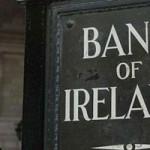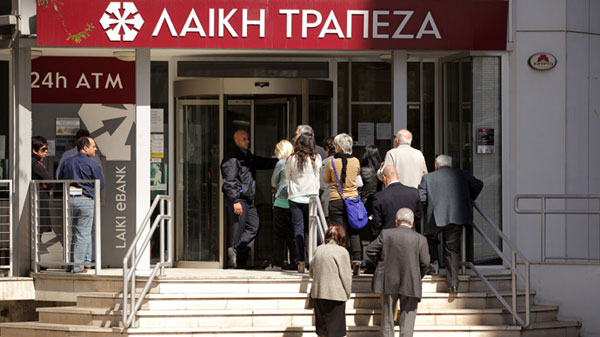It seems to have been left to a handful of financial journalists to expose the way the cabal of bankers, politicians and regulators governing global finance have conspired to cover up their guilt in bringing about the credit-based economic collapse. More worrying is the way they have diverted attention from the fundamental causes of the credit disaster and avoided enforcing the changes necessary to prevent a repeat — thus ensuring that in future there will be an even bigger bust.
Much effort and publicity has been expended on useless activity that makes it seem as if the policymakers are fixing the problems when they are doing nothing of the sort:
► The new Basel III guidelines are a travesty. The minimum capital reserves for banks is to be raised to 7 per cent – but that doesn’t have to be done for nine years. In any case, the brilliant economist and writer John Kay points out: “The Basel regime based on capital controls proved useless in averting the crisis. Indeed, it was a principal cause of the regulatory arbitrage that led to the proliferation of complex debt instruments.”
Another commentator, Martin Wolf, argues that even 7 per cent “is far below levels markets would impose if investors did not continue to expect governments to bail out creditors in a crisis.” Without that, the markets might require own-capital requirements as high as 20 or 30 per cent.
► The stress tests designed to show that Europe’s banks are almost all financially sound were carefully structured to produce the desired pleasing result – and to hide the scale of the problems. Is it credible to assume that there is no risk at all in Greece’s sovereign debt, in which French and German banks have invested so heavily?
► European politicians are obsessed with imposing tough regulation on hedge funds and similar “alternative” investors. Yet the credit crisis didn’t come from that quarter, but from the much larger, extensively regulated financial institutions.
As Kay points out: “Alternative investment managers were small and heterogeneous, and their risk-taking was restrained by their own investors and by their market counterparties – their banks and principal brokers. Such regulation was more effective, it transpired, than official supervision.”
► Even more extraordinarily, American politicians have managed to pass a finance reform act that excludes the enormous financial institutions that were at the heart of the crisis and remain a huge part of the ongoing problem – Fannie Mae and Freddie Mac.
The pols want to retain their freedom to use these giant mortgage banks to promote their objectives – which includes continuing to encourage people to borrow who can’t afford to do so and shouldn’t be encouraged to go into debt.
► Breaking up the big banks has been avoided. Everyone now knows that if you are big enough and get into a mess, the politicians will rush to your rescue with taxpayers’ money. So it is safe to take on risks that would be too great if your investors, depositors and top management faced the peril of being wiped out.
If you can distract the regulators, as you were able to do so successfully in the past, with what amounts to a government guarantee you can pursue high-risk behaviour to inflate profits and executive bonuses. Furthermore, you can gain access to deposits and capital cheaper than your smaller competitors, putting you in a position to grow faster than them and get even larger.
Saving us (and themselves) from a near-death experience
Wolf angrily points out that “the financial industry is the only one with limitless access to the public purse and is as a result by far the most subsidized in the world,” despite its causing a crisis that was “a near-death experience” whose costs include “millions of unemployed and tens of trillions of dollars in lost output.”
► Banks have not been forced to split their socially beneficial functions of protecting savings and channelling them into productive economic activity (deserving of some state protection), from their speculative activities (which should be fully exposed to market risk).
It’s not so surprising that the latest chief exec appointments by megabanks have been men who made their reputation in gambling (sorry… “investment”) activities. Four of Europe’s biggest banks are now headed by such men, in spite of the massive losses incurred by such business divisions in the financial crisis.
Kay comments scathingly: “There is no possible justification for insurance by taxpayers of the exposure of market counterparties. To offer it exposes ordinary working people to risks of which they know nothing and whose rewards go to people far richer, and less scrupulous, than themselves.”
Wolf says that if the public wants a specific form of risk-taking to be subsidized – lending to small and medium-sized businesses, for example – this should be done directly. Subsidizing the banking system as a whole to persuade it to undertake what is a small part of its activity is “grotesquely inefficient.”
He says that as “the basic mechanism of financial meltdown… remains intact,” another credit crisis is “therefore inevitable.” source and CopyRight OnTarget Newsletter by Martin Spring






